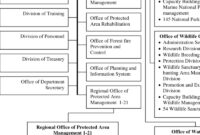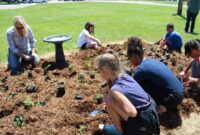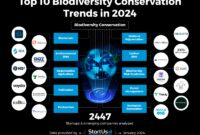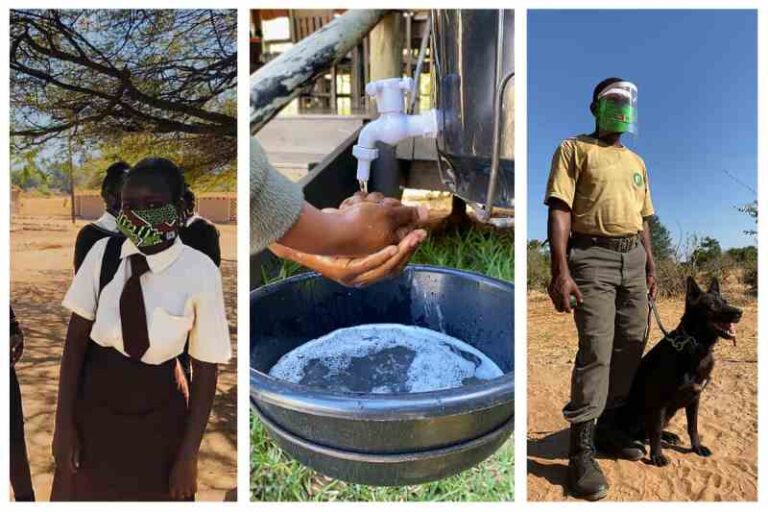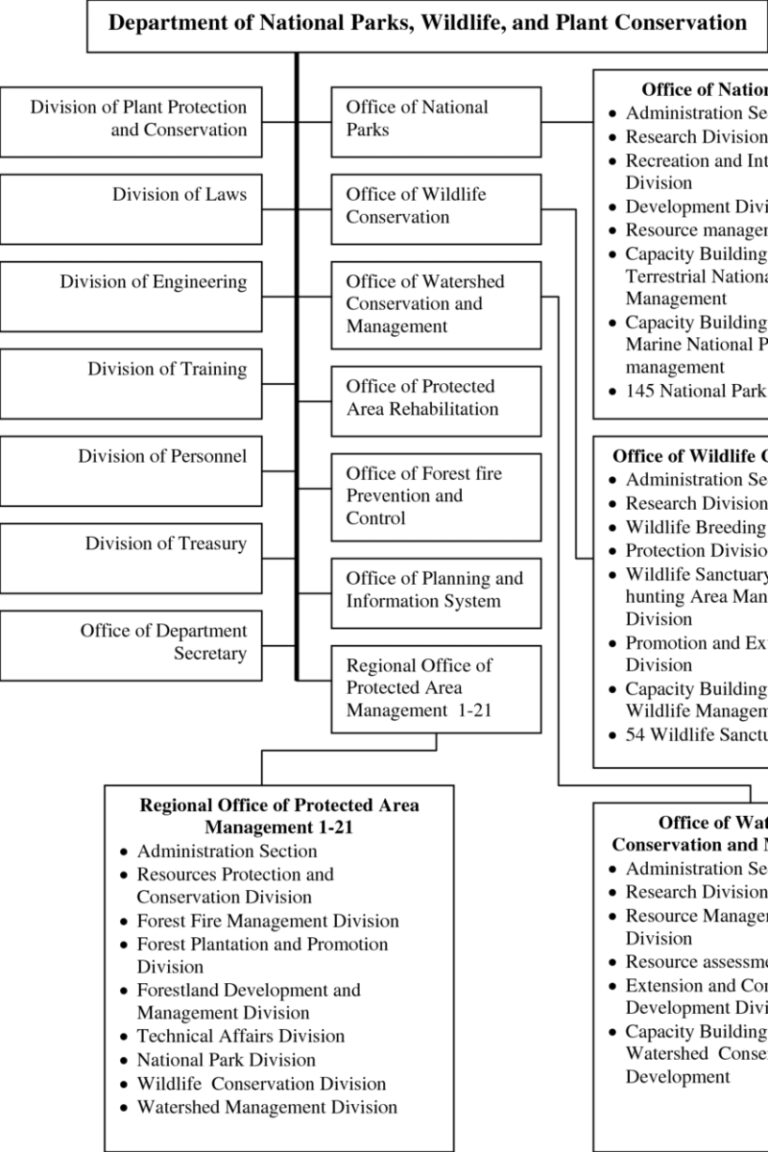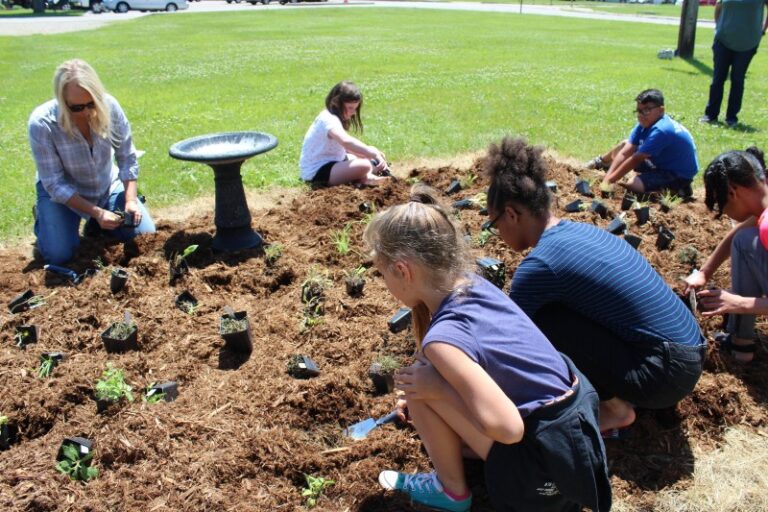Sustainable Wildlife Conservation – The world’s largest knowledge platform on sustainable landscapes. Check out our events, news, courses, and educational products and join the movement!
On September 17, join us and be part of Africa’s most vocal conversation on moving towards a sustainable future in changing landscapes.
Sustainable Wildlife Conservation

Join thousands of experts, practitioners, media, managers and policy makers as they build a prosperous and sustainable future for African lands.
Wildlife Conservation Association — Travelers Against Plastic
Want to help close the biodiversity funding gap? Join us at the 7th GLF Investment Case Study Symposium in Cali, Colombia. Here’s how you can get involved.
The climate crisis is affecting Africa, especially rural communities dependent on natural resources.
Join the GLF Africa 2024 Hybrid Conference on September 17, online or in Nairobi, Kenya to learn how Africa can lead the future of three changing landscapes: forests, savannas, drylands, freshwater and oceans.
Join us for a full day of breakout sessions and panel discussions, and learn from experts, practitioners, media, managers and policy makers as they build a prosperous and sustainable future for African lands.
Sustainable Clothing For Nature & Wildlife Lovers
Join us for two full days of plenary sessions, interactive and expert sessions, presentations and more, and learn from leading scholars, activists, local leaders, financiers, youth and policy makers as they build a just world ahead of COP28.
More than 45% of Africa’s land is degraded – but the continent’s vast natural resources offer many opportunities for its people to support sustainable landscape solutions and protect valuable ecosystems.
On September 17, join the Hybrid Conference to learn how Africa can shape the future of three changing landscapes: forests, savannas, drylands, freshwaters and oceans.

GLFx Chapters Reforestation and Livelihoods in Padasenang GLFx Java & Patera Foundation is involved in revitalization, better market access and new livelihood plans for the villagers of Padasenang. Learn more
Wildlife Conservation And Sustainable Hunting Practices In West Papua
Rehabilitation Manager Youth Leading Caatinga Rehabilitation Caatinga, Brazil. Demonstration of innovative projects and impact of youth leaders in transforming drylands into thriving ecosystems. Learn more
Developing a green future by encouraging environmental awareness in young minds at Kayou Primary School in Bugesera District, Rwanda.
Unity in Unity Brings local communities together to drive effective change and inspire future leaders to protect peatlands and wetlands.
Join a global network of over 1M youth to support justice and shared prosperity, and prosperous landscapes.
The Urgency Of Protecting Biodiversity For A Sustainable Future
Gender Equality, Diversity and Inclusive Human Rights in Forest-Related Areas, Environmental Protection and Climate Change Landscape Management: Collaborative Integrated Land Use Initiatives Across Regions and Scales: Theory and Practice.
We are the world’s largest knowledge platform on integrated land use dedicated to achieving the Sustainable Development Goals and the Paris Climate Agreement.
Take action by creating GLF programs, digital summits, courses, and applying knowledge in your community. Current wildfires are not historically difficult: the dry forests of the western United States need to stabilize and adapt to climate change.

Climate change and anthropogenic factors contribute to habitat loss and human-elephant conflict in the Namib Desert.
What Sustainable Wildlife Conservation Really Looks Like
Open Access Policy Institutional Open License Program Special Issue Editorial Process Guidelines on Research and Publication Ethics Article Processing Fee Awards
All published articles are released worldwide under an immediate open license. No special permission is required to reproduce all or part of the published article, including figures and tables. For articles published under the Creative Commons CC BY license, any part of the article may be reused without permission, as long as the original article is clearly credited. For more information, please visit https:///openaccess.
Functional papers represent the most advanced research in a field with the greatest potential for impact. A feature paper should be a major original article that includes several techniques or approaches, provides an overview of future research directions, and describes potential research applications.
Functional papers are submitted by personal invitation or recommendation of scientific editors and must receive positive feedback from reviewers.
Sustainable Development Of Natural Resources And Wildlife Conservation
Editor’s Choice articles are based on recommendations from scientific editors of journals around the world. The editors select a small number of recently published articles in the journal that they feel will be of particular interest to them, or are important in their respective research areas. The journal aims to provide a snapshot of the most interesting work published in various research areas.
Human activities have shaped the Earth’s biotic and abiotic components for thousands of years [1]. These activities have become so significant in their volume and intensity that negative anthropogenic impacts have affected even the most remote areas, where humans are absent or absent [ 2 , 3 ]. This profound human impact on Earth has led scientists to propose the beginning of a new geological epoch, aptly named the Anthropocene [ 2 , 3 ]. These impacts, among them key habitat destruction and degradation, overexploitation, and climate change, have led to rates of invertebrate species loss over the past century that are 100 times higher than human-induced rates [ 4 , 5 , 6 ]. These rates of extinction indicate the sixth stage of mass extinction [4].
In 2022, the world’s population will exceed 8 billion, and the latest United Nations projections show that it may reach about 8.5 billion in 2030, 9.7 billion in 2050, 10.4 billion in 2080, and remain stable until 2100 [ 7 ]. Global population growth is accompanied by increased urbanization: in 2007, the global urban population was 50% for the first time, and now 57.5% of people live in cities, a percentage that is projected to reach 68.4%. by 2050 [8]. High population and increasing rates of urbanization are harming biodiversity as demand for natural resources increases proportionately and these cities encroach on previously natural ecosystems [ 9 , 10 ]. This situation encouraged better use of resources and led to the creation of the concept of sustainability. In 1987, the United Nations Brundtland Commission defined sustainable development as “development that meets the needs of the present without compromising the ability of future generations to meet their own needs.” Sustainability is achieved when the goals of its three main elements – society, environment and economy – are met (Figure 1). Integrating all environmental, social and economic interests equitably and effectively into all aspects of decision-making is key to achieving sustainability [12].

A growing global population and urbanization are putting increasing pressure on wildlife. These pressures often lead to human-wildlife conflict (HWC), “when the needs and behaviors of wildlife negatively impact the goals of humans or the goals of humans negatively impact the needs of wildlife.” These conflicts are best understood as conservation conflicts, which “occur when two or more parties have strong views, opposing conservation goals, and when one party defends its interests at the expense of the other” [ 14 , 15 ]. Conservation conflicts can be divided into two categories: (a) human-wildlife impacts, i.e. direct interactions between humans and wildlife, and (b) human-human conflicts with wildlife conservation stakeholders and others. Advantages [17].
Wildlife Conservation: Conserving The Unique Fauna Of The Pacific Rim
Wildlife management seeks to meet three basic societal needs: (a) conservation of species, (b) sustainable use, and (c) addressing negative impacts of certain behaviors. Wildlife management is the science of applying methods and practices to regulate interactions between society, wildlife, and their habitats to meet social needs [ 18 , 19 ]. Wildlife managers need to use management strategies to improve habitat, resolve conflict, and achieve conservation while adhering to sustainability principles. Only in this way can the needs of wildlife and humans be met at the same time. This section contains research relevant to the special issue of ‘Wildlife Conservation: Resource Management for a Sustainable World’. In total, 11 articles are presented, presenting research related to global wildlife species management under the lens of sustainability.
Contributions to the special issue cover the globe: three from Africa (Shiveda et al., Jambo et al., Linnes et al.), three from Asia (Sun et al., Yin et al., Abd Rahman and Mathew), four from Europe (Katselis et al. ., Raftogianni et al., Sultana et al., Liordos et al.), and one covering a global fauna (Prokop et al.) (Figure 2). In addition, they included several taxa: mammals (Shived et al., Jambo et al., Lines et al., Sun et al., Raftogianni et al., Prokop et al.), six articles involving birds (IIN); . et al., Katselis et al., Raftogianni et al., Sultana et al., Liordos et al., Prokop et al.), reptiles (Raftogianni et al., Prokop et al.), two articles included. Fish (Abd Rahman and Matthew Prokop et al.), one article on amphibians (Prokop et al.), and one article on invertebrates (Prokop et al.). Various themes in wildlife management, mostly from surveys, were identified from the included studies, showing similarities and differences in contemporary issues across continents: eight articles addressed conservation issues (Shived &
Marine wildlife conservation, wildlife conservation masters, importance of wildlife conservation, us wildlife conservation, wildlife conservation news, grants for wildlife conservation, wildlife conservation, sustainable conservation, sustainable wildlife, wildlife conservation online degree, wildlife conservation masters programs, global wildlife conservation
- Dog Socialization Care Guide - August 11, 2024
- Best Dog-friendly Vacations - August 11, 2024
- Wildlife Conservation Organizations - August 10, 2024


